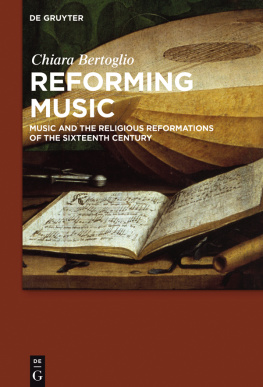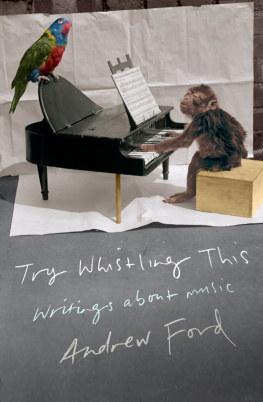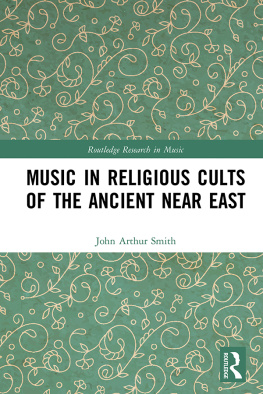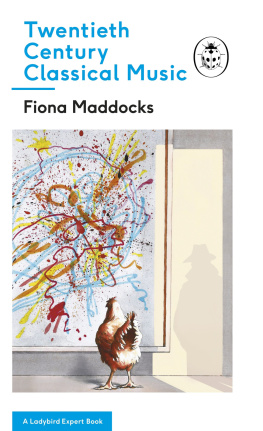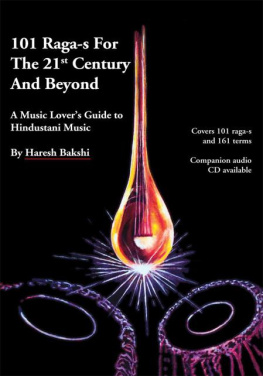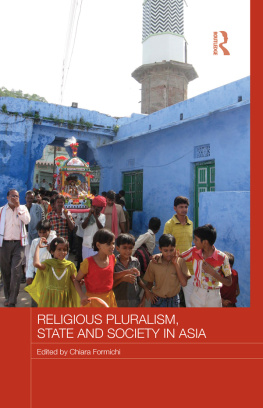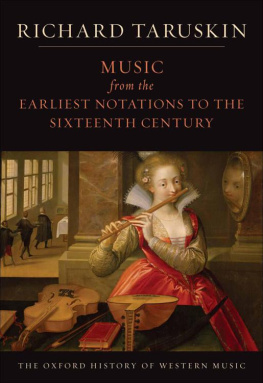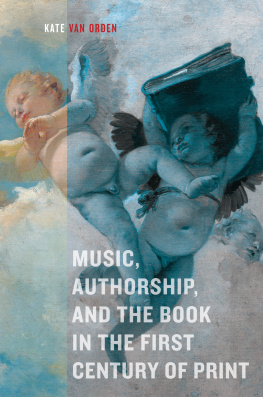Chiara Bertoglio - Reforming Music: Music and the Religious Reformations of the Sixteenth Century
Here you can read online Chiara Bertoglio - Reforming Music: Music and the Religious Reformations of the Sixteenth Century full text of the book (entire story) in english for free. Download pdf and epub, get meaning, cover and reviews about this ebook. year: 2017, publisher: Birkhäuser, genre: Religion. Description of the work, (preface) as well as reviews are available. Best literature library LitArk.com created for fans of good reading and offers a wide selection of genres:
Romance novel
Science fiction
Adventure
Detective
Science
History
Home and family
Prose
Art
Politics
Computer
Non-fiction
Religion
Business
Children
Humor
Choose a favorite category and find really read worthwhile books. Enjoy immersion in the world of imagination, feel the emotions of the characters or learn something new for yourself, make an fascinating discovery.
- Book:Reforming Music: Music and the Religious Reformations of the Sixteenth Century
- Author:
- Publisher:Birkhäuser
- Genre:
- Year:2017
- Rating:3 / 5
- Favourites:Add to favourites
- Your mark:
- 60
- 1
- 2
- 3
- 4
- 5
Reforming Music: Music and the Religious Reformations of the Sixteenth Century: summary, description and annotation
We offer to read an annotation, description, summary or preface (depends on what the author of the book "Reforming Music: Music and the Religious Reformations of the Sixteenth Century" wrote himself). If you haven't found the necessary information about the book — write in the comments, we will try to find it.
Chiara Bertoglio: author's other books
Who wrote Reforming Music: Music and the Religious Reformations of the Sixteenth Century? Find out the surname, the name of the author of the book and a list of all author's works by series.
Reforming Music: Music and the Religious Reformations of the Sixteenth Century — read online for free the complete book (whole text) full work
Below is the text of the book, divided by pages. System saving the place of the last page read, allows you to conveniently read the book "Reforming Music: Music and the Religious Reformations of the Sixteenth Century" online for free, without having to search again every time where you left off. Put a bookmark, and you can go to the page where you finished reading at any time.
Font size:
Interval:
Bookmark:

Chiara Bertoglio
Reforming Music
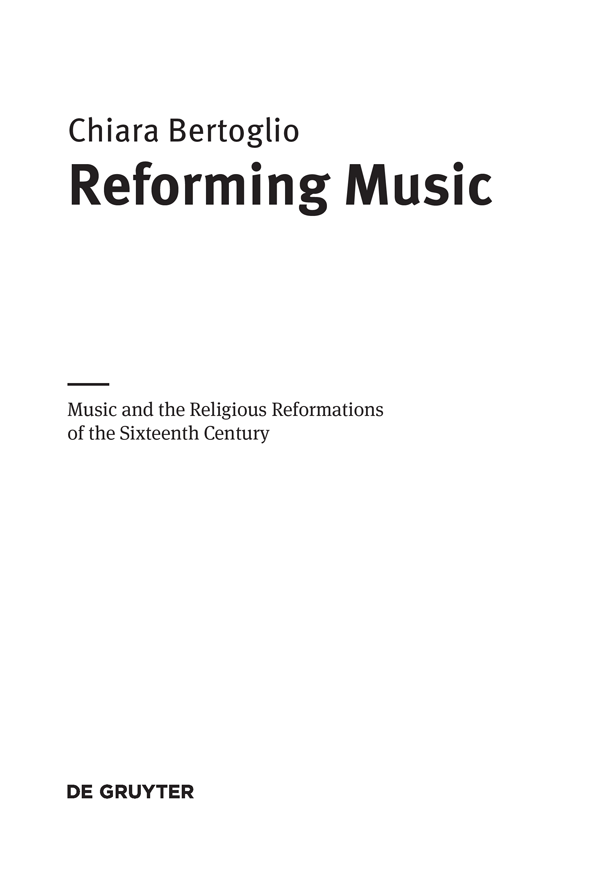
ISBN 978-3-11-051805-4
e-ISBN (PDF) 978-3-11-052081-1
e-ISBN (EPUB) 978-3-11-051933-4
Library of Congress Cataloging-in-Publication Data
A CIP catalog record for this book has been applied for at the Library of Congress.
Bibliographic information published by the Deutsche Nationalbibliothek
The Deutsche Nationalbibliothek lists this publication in the Deutsche Nationalbibliografie; detailed bibliographic data are available on the Internet at http://dnb.dnb.de.
2017 Walter de Gruyter GmbH, Berlin/Boston
Cover image: Hans Holbein d.J.: The Ambassadors / Die Gesandten, Jean de Dinteville und Georges de Selve, bpk / Lutz Braun
www.degruyter.com
I write this as we approach 2017, the year dedicated to marking the 500 th anniversary of the European Reformations. Amidst the massive literature that will doubtless pour forth during those twelve months in addition to colloquia, conferences and lectures it will be fascinating to see how much scholarly energy will be given to music, perhaps the most elusive and beguiling of all the arts. Understandably, huge attention has been paid to the battles over visual art that raged so fiercely in the sixteenth century. The re-evaluation of the role of images and our sense of sight during this period has proved to be fertile ground for scholarship. But historians and theologians have been inclined to spend rather less energy considering the ways in which music in practice and theory became a heated focus of interest and debate, bound up as it was with the seismic philosophical, scientific and political shifts of the time. In fact, this was an age when musics immense affective and persuasive powers were developed as never before, and this in turn generated entirely new and pressing questions about its proper use. Those who tried to curb and control its place in worship did not, as is often thought, have a low view of music. Just the opposite. They were acutely aware of its potency indeed, its theological potency.
When I first started investigating the place of music in the reform movements of the sixteenth century, I searched in vain for an informed introduction to the field, and one that was sensitive to the complex theological issues at stake. Chiara Bertoglio has provided just this. And despite its substantial length and depth, she still insists that it is only a stepping-stone for further studies. Yet if it is an introduction, it is one with at least three highly unusual features. To begin with, it is written by an astonishingly able pianist and performer. This gives the text a practice-rooted authenticity, and makes Bertoglio especially alert to the tensions between musical practice and theory which run through her chosen era. Second, although a devout Roman Catholic, Bertoglios instincts are ecumenical through and through. She is quite properly keen to show that music written within a particular theological or church tradition has the capacity to speak far beyond the boundaries of that tradition. More interested in continuities than discontinuities, she adopts an approach to historical study that refuses to allow conflict to be the leading conceptual category. Although fully aware that music can be a highly divisive force, she rightly points out that it has often been the only means of unity, traversing boundaries and building bridges made of melodies, words and people who crossed the religious divides and weaved an invisible communion. The relevance of this in our own day could hardly be exaggerated. Third, she devotes a whole chapter to womens voices, something which should need no special pleading, but which brings a perspective that has often been woefully under-represented in studies of this sort.
Any reader of this book cannot fail to be immeasurably enriched and pressed to re-think in quite radical ways why music matters, why it is vital that we see it flourish today and perhaps most especially in the Church. As Bertoglio notes, this is not the study of a dead object, which can be dissected at leisure and whose relevance for the life of contemporary people is cultural at best. It is instead a field which even today is full of resonances, some of which are among the most important and cherished in the lives of millions of believers. Quite so.
Jeremy Begbie
Duke University
Chiara Bertoglio writes Music allows us to practise an ecumenical approach in a spontaneous and natural fashion: most works of Christian sacred music transcend confessional belonging; and even in those whose confessional identity is more marked, music seems to blur the edges of separation, and to present diversity only as a different perspective, another nuance or a shade of colour which will likely enrich our understanding of faith.
Coming from Scotland where confessional identities have been at their most marked for centuries and where the edges of separation can still tear the heart, I find this a bold and visionary perspective on the role of sacred music in our growing understanding of each other, of denominational culture and of the nature of God Himself. It was only a few years ago that I realised just how blurred the situation was in my own country in this matter a land where the Reformation is widely regarded as being particularly fierce.
A range of common and conflicting perceptions about Scotlands Reformation period have arisen over the centuries and through the generations. Even though I have lived here most of my life I have always had a niggling doubt that we have never had explained to us the full story of this momentous time. Even although I studied history in a Scottish school I was aware of large gaps and holes in my understanding of the great cultural revolutionary period which shaped this nations character and soul. Even although I was a music student at one of Scotlands great Universities, I managed to bypass many of the composers and musical narratives which had underpinned the Scottish Reformation process.
A few years ago I attended an exhibition in the University of Edinburgh of the part books of Thomas Wode which challenged some of my perceptions and filled in the considerable gaps in my understanding, explaining the vital continuities, as well as the sharp changes, experienced by Wode himself and his contemporaries in the late 16th century.
It became clear that music and singing were vitally important components in the life of the nation at this time. The eight Wode partbooks formed the centrepiece of the exhibition that also displayed a variety of contemporary objects, including books and manuscripts, musical instruments, paintings and maps. The partbooks, gathered together for the first time from across the world, constitute a unique treasure within Scotlands history, containing the only surviving record for most music found in Scotland during this period. Thomas Wode was responsible for producing the four singing parts for the metrical Psalter, so intrinsically vital for the new reformed liturgy of the day. But he added much more music from before 1560 and from various parts of Europe. These partbooks are illustrated by him and contain fascinating annotations. Wodes life is an encapsulation of the dilemmas and conflicts of the age. He began his ecclesiastical career as a Benedictine monk at Lindores Abbey at Newburgh, Fife and ended it as a Protestant clergyman. Nevertheless, the psalms provided a constant thread through his life and that of the lives of all Christians of the day, regardless of how tossed and turned they were by political and ideological power manoeuvres. The material in the exhibition showed the full extent of musics centrality in the cultural life of Scotland in the late 16th century. I was beguiled by Wodes own illustrations which indicated how ordinary men and women of the time engaged with word and song in the praise of God.
Font size:
Interval:
Bookmark:
Similar books «Reforming Music: Music and the Religious Reformations of the Sixteenth Century»
Look at similar books to Reforming Music: Music and the Religious Reformations of the Sixteenth Century. We have selected literature similar in name and meaning in the hope of providing readers with more options to find new, interesting, not yet read works.
Discussion, reviews of the book Reforming Music: Music and the Religious Reformations of the Sixteenth Century and just readers' own opinions. Leave your comments, write what you think about the work, its meaning or the main characters. Specify what exactly you liked and what you didn't like, and why you think so.

